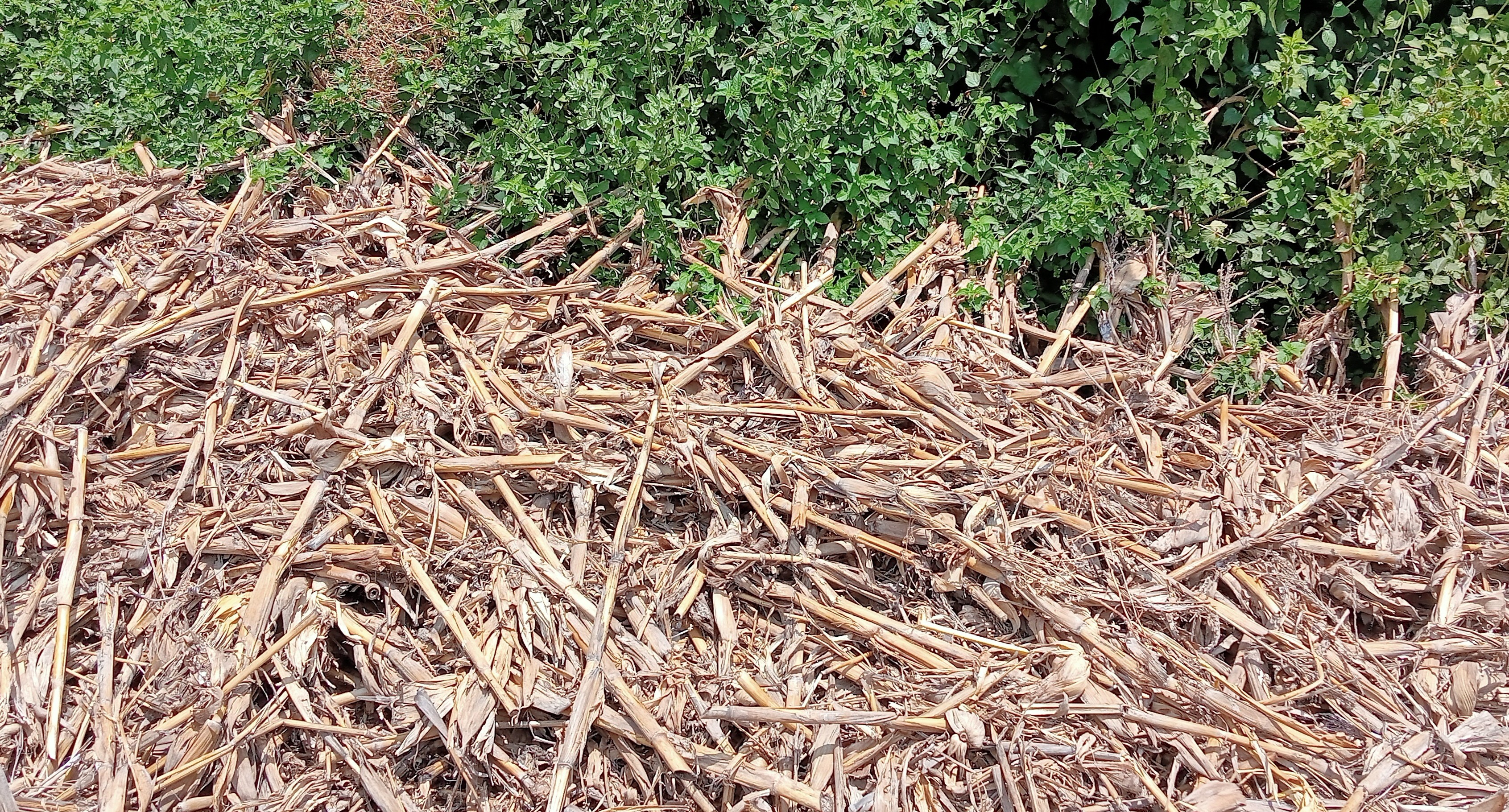Course Title: Introduction to Permaculture 2
10-Day Permaculture Training Course
Target Group: Farmers, gardeners, youth, educators, development practitioners, landscaping experts, environmental enthusiasts etc
Overall Goal: Equip participants with knowledge and practical skills in permaculture design to enhance food security, climate resilience, and community well-being.
Day 1: Introduction to Permaculture & Global Relevance
Session 1: What is Permaculture?
History, definitions, Bill Mollison & David Holmgren
Session 2: Why Permaculture?
Climate change, land degradation, and sustainability
Session 3: Ethics & Principles of Permaculture
Earth Care, People Care, Fair Share
Day 2: Core Permaculture Design Principles
Session 1: Holmgren’s 12 Permaculture Principles
Session 2: Zones and Sectors in Design
Land use, frequency of use, energy flows
Session 3: Systems Thinking Approach
Human-nature integration
Day 3: Soil, Water & Ecosystem Management
Session 1: Soil Regeneration & Carbon Sequestration
Session 2: Water Harvesting & Keyline Design
Session 3: Ecological Restoration & Rewilding
Day 4: Agroforestry & Sustainable Farming Techniques
Session 1: Agroforestry & Food Forests
Session 2: Low-input & No-till Farming
Session 3: Polyculture & Companion Planting
Day 5: Climate-Smart & Indigenous Agriculture
Session 1: Seed Saving & Indigenous Knowledge
Session 2: Climate-smart Agriculture Practices
Session 3: Natural Pest & Disease Control – use of locally available herbs and products to scare away pests and control diseases
Day 6: Integrated Systems & Mixed Farming
Session 1: Integrated Livestock Systems
Session 2: Urban Permaculture & Vertical Farming
Session 3: CSA Models & Value Addition
Day 7: Social Permaculture & Ethics
Session 1: Social Permaculture & Land Ethics
Session 2: Equity, Inclusion & Gender in Permaculture
Session 3: Role of Community in Design & Implementation
Day 8: Practical Design Skills
Session 1: Site Mapping & Baseline Assessment
Session 2: Hands-on Design Exercise
Session 3: Group Planning & Feedback
Day 9: Case Studies – Site Visit to an Eco-Farm
A Case Study from Kenya - A Visit to an eco-farm in Makueni
Questions to ask during the visit:
What are the objectives of the eco-farm?
What farm products does the eco-farm produce?
How is the eco-farm organized?
What methods is the eco-farm using to re-generate the soils?
How does the eco-farm support culture and traditional knowledge?
How does the eco-farm benefit/ support: Schools, Community, youth?
Any other questions?
Day 10: Reflections
Session 1: Reflections & Consolidation of Learning
Session 2: Starting Your Own Permaculture Project
Session 3: Action Planning, Commitments & Evaluation
Session 4: Certification Ceremony

| Training Mode | Local clients | Non-local clients |
|---|---|---|
| In-Person | Ksh0 | USD0 |
| Online/Virtual | Ksh20,000 | USD160 |
| Self-paced (LMS) | Ksh0 | USD0 |
